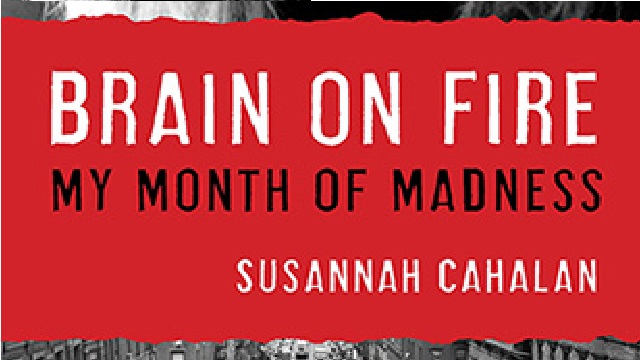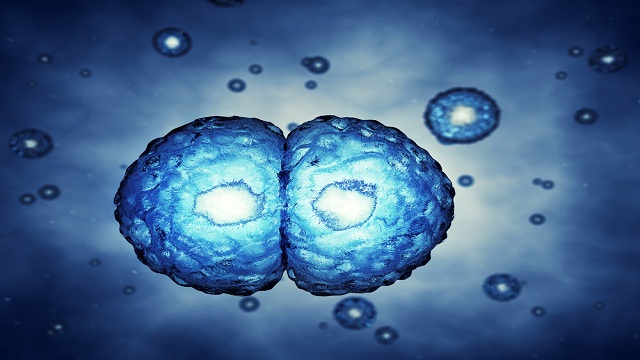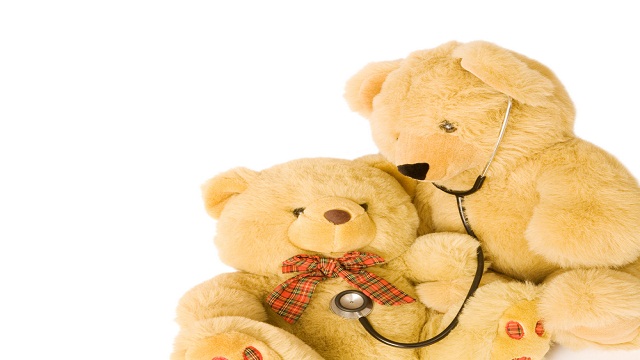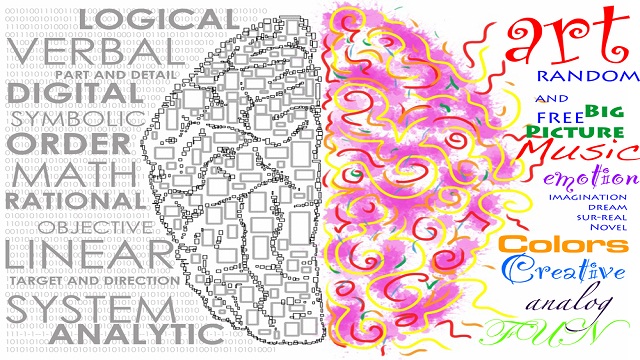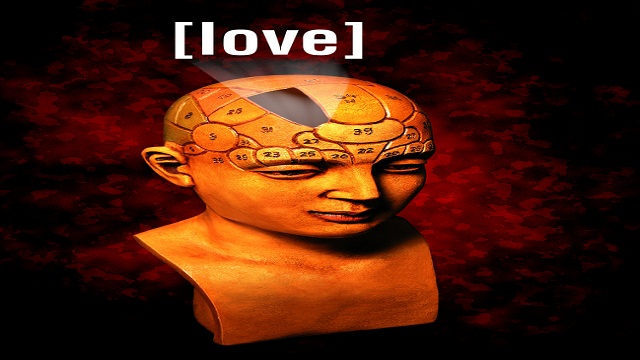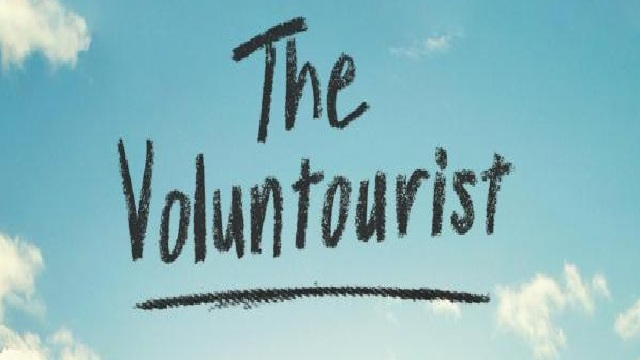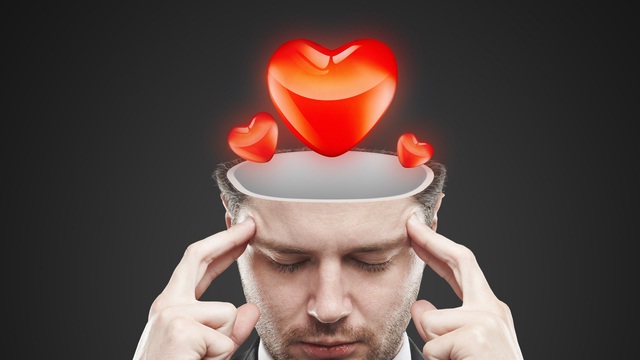Kayt Sukel
Author of Dirty Minds: How Our Brains Influence Love, Sex, and Relationships
Kayt is a member of the American Society of Journalists and Authors (ASJA), the Author's Guild and the National Association of Science Writers (NASW). She has recently returned to the United States after living abroad for six years and has just published her first book, DIRTY MINDS: HOW OUR BRAINS INFLUENCE LOVE, SEX AND RELATIONSHIPS, an exploration of the neurobiology of love (Free Press, 2012).
Kayt Sukel's writing credits include personal essays in the Washington Post, American Baby, the Bark, USAToday, Literary Mama and the Christian Science Monitor as well as articles on a variety of subjects for the Atlantic Monthly, Parenting, Cerebrum, BrainWork and American Baby magazines. She blogs regularly about traveling on the Lowell Thomas Travel Journalism Award winning travel blog, Travel Savvy Mom; and science, love and life at the Houston Chronicle's Hearts and Minds blog.
You can often find her oversharing on Twitter as @kaytsukel.



